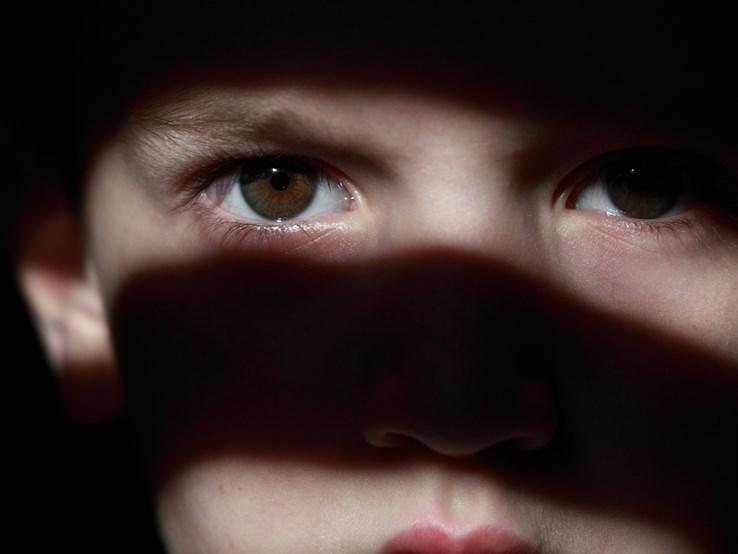
When it comes to judging emotional states, the obvious best judges may not be.
“I’m never going anywhere ever again!” my 10-year-old screams as I try to get her out the door for swim practice. She’s bitter that I’ve asked her to put down her iPad, but her teenage-style angst has led me to believe that youngsters take to hyperbole like celebs to silicone. At least I hope it’s just hyperbole.
But parents may not be the best judges of children’s internal happy meters. A new study shows that
Parents are wrong about their kids’ happiness 70 to 80 percent of the time.
This is true whether they’re 10- or 11-year-olds or older adolescents. By quizzing 357 children and their parents, separately and months apart with two measuring tools, researchers at Plymouth University in the U.K. have found that folks overestimate the happiness of their 10- or 11-year-olds 80 percent of the time, says Belén López-Pérez, one of the researchers. Parents of 15- or 16-year-olds, meanwhile, underestimated the positive outlook of their offspring 70 to 80 percent of the time. In simple terms, younger kids are less happy than folks think, while older ones are not nearly as sad as folks fear. This implies that younger ones may not be getting the help they need, while teens may be foisted unnecessarily onto counselors.
Looking deeper, the experts noticed that the way parents reported their children’s happiness was “very highly correlated with their own level of happiness,” López-Pérez says. This egocentric bias saw adults interpreting their offsprings’ outlook based upon their own contentment, which notably means folks with older kids tended to be less happy than parents of youngsters. The findings have serious implications for both mental health care providers and family dynamics.
For psychologists and psychiatrists, it’s a reminder that parental reports may not be entirely valid and to involve kids more in their assessments. Jodi Gold, a pediatric psychiatrist, wasn’t terribly surprised by the study’s results. While Gold always sees parents before meeting the children in question, she believes it’s important to also get “collateral information from teachers, doctors, extended family and anyone who may be involved in a child’s care,” in addition to interviewing the child directly. Gail Gross, a child development expert, recognizes the problem with egocentric bias, and says that parental misjudgment can be exacerbated by cognitive dissonance — difficulty in recognizing trouble close to you — as well.
Moms and dads may be more alarmed by the findings than the professionals. But López-Pérez emphasizes that parents are the best source for knowing when something is amiss, and both she and Gross recommend that all families recognize “communication is key” to maintaining healthy rapport and understanding. So what should parents be on the lookout for, in case they’re concerned for their child’s mental well-being? Gold suggests they stay alert for “abrupt changes” like plummeting grades or social isolation, which “can often be signs of anxiety and depression.”
And all three doctors say that if in doubt, there’s nothing off about seeking outside help.

